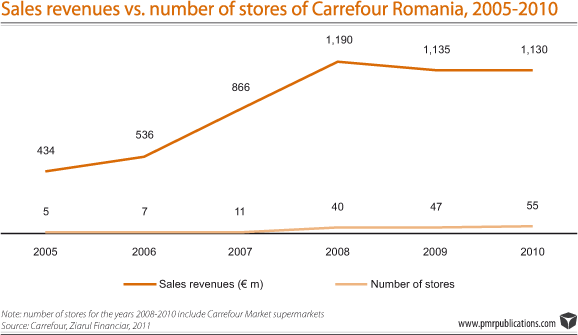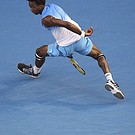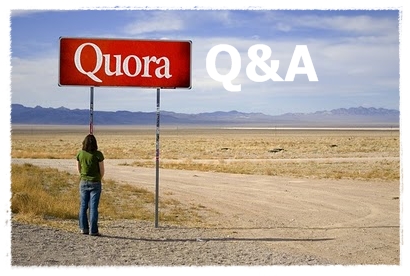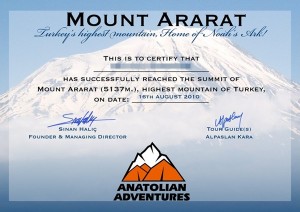Love vs in Love with
 Love and in Love with are two different states of mind. It is important to know that love is totally different from in love with. Love is based on affection. You love your child. On the other hand you can be in love with a girl. There is a lot of difference between the two experiences.
Love and in Love with are two different states of mind. It is important to know that love is totally different from in love with. Love is based on affection. You love your child. On the other hand you can be in love with a girl. There is a lot of difference between the two experiences.
Loving the child is based on affection. Falling in love with somebody is based on infatuation or physical appeal. This is the main difference between love and in love with. It is interesting to note that being in love with somebody is based on romance.
On the other hand to love somebody is not associated with romance but it is based on pure affection. Love is universal and would last long. In love with is not universal and may not last long. It may last till the desire gets fulfilled or romance gets completed.
 When you love somebody it only means that you are affectionate about him or her. On the other hand if you fall in love with somebody it only means that you are passionately thinking about him or her. It also means that you have given your heart to him or her.
When you love somebody it only means that you are affectionate about him or her. On the other hand if you fall in love with somebody it only means that you are passionately thinking about him or her. It also means that you have given your heart to him or her.
In love you need not give your heart to somebody. It runs on understanding. In love with does not run on understanding. On the other hand it runs merely on infatuation. The goal of in love with is to realize materialistic pleasure. The goal of love on the other hand is to realize spiritual pleasure. This is one of the main differences between love and in love with.
Love does not brake under any circumstance for that matter. On the other hand in love with has the tendency to break at times. Hence the two states of mind are different from each other.
Love is based on affection.
In love with is based on infatuation or physical appeal.
Source: http://krix.me/gFe4Vx












 Despite the constantly rising number of stores in Romania, Carrefour, the largest hypermarket operator in the country, did not succeed in increasing its revenues over the last two years. The company earned €1.13bn in 2010, a 0.4% reduction in comparison with the previous year and 5% less than 2008, its record year in Romania in terms of sales. With 15 stores more in 2010 than in 2008, representing an investment of about €60m between them.
Despite the constantly rising number of stores in Romania, Carrefour, the largest hypermarket operator in the country, did not succeed in increasing its revenues over the last two years. The company earned €1.13bn in 2010, a 0.4% reduction in comparison with the previous year and 5% less than 2008, its record year in Romania in terms of sales. With 15 stores more in 2010 than in 2008, representing an investment of about €60m between them. In 2010, Carrefour opened 10 supermarkets and one hypermarket, the latter in the city of Drobeta-Turnu Severin, in south-western Romania. On the other hand, the company closed three supermarkets in the country in 2010, one each in Hunedoara, Baia Mare and Turda, as part of its strategy of optimising its operations. Carrefour had 55 stores on the Romanian market at the end of 2010, of which 23 were hypermarkets and 32 supermarkets.
In 2010, Carrefour opened 10 supermarkets and one hypermarket, the latter in the city of Drobeta-Turnu Severin, in south-western Romania. On the other hand, the company closed three supermarkets in the country in 2010, one each in Hunedoara, Baia Mare and Turda, as part of its strategy of optimising its operations. Carrefour had 55 stores on the Romanian market at the end of 2010, of which 23 were hypermarkets and 32 supermarkets.

































 But this post is about something i was reading a lot about lately and it is called “Social Media Revolution”, I am not the right person to analyze politics but in my opinion, I strongly believe that there is nothing as such.
But this post is about something i was reading a lot about lately and it is called “Social Media Revolution”, I am not the right person to analyze politics but in my opinion, I strongly believe that there is nothing as such. Again Twitter, Facebook and other social media tools, where just there to help people know what is going on and what to do, but these tools were never part of the real plan of Ben Ali.
Again Twitter, Facebook and other social media tools, where just there to help people know what is going on and what to do, but these tools were never part of the real plan of Ben Ali.

